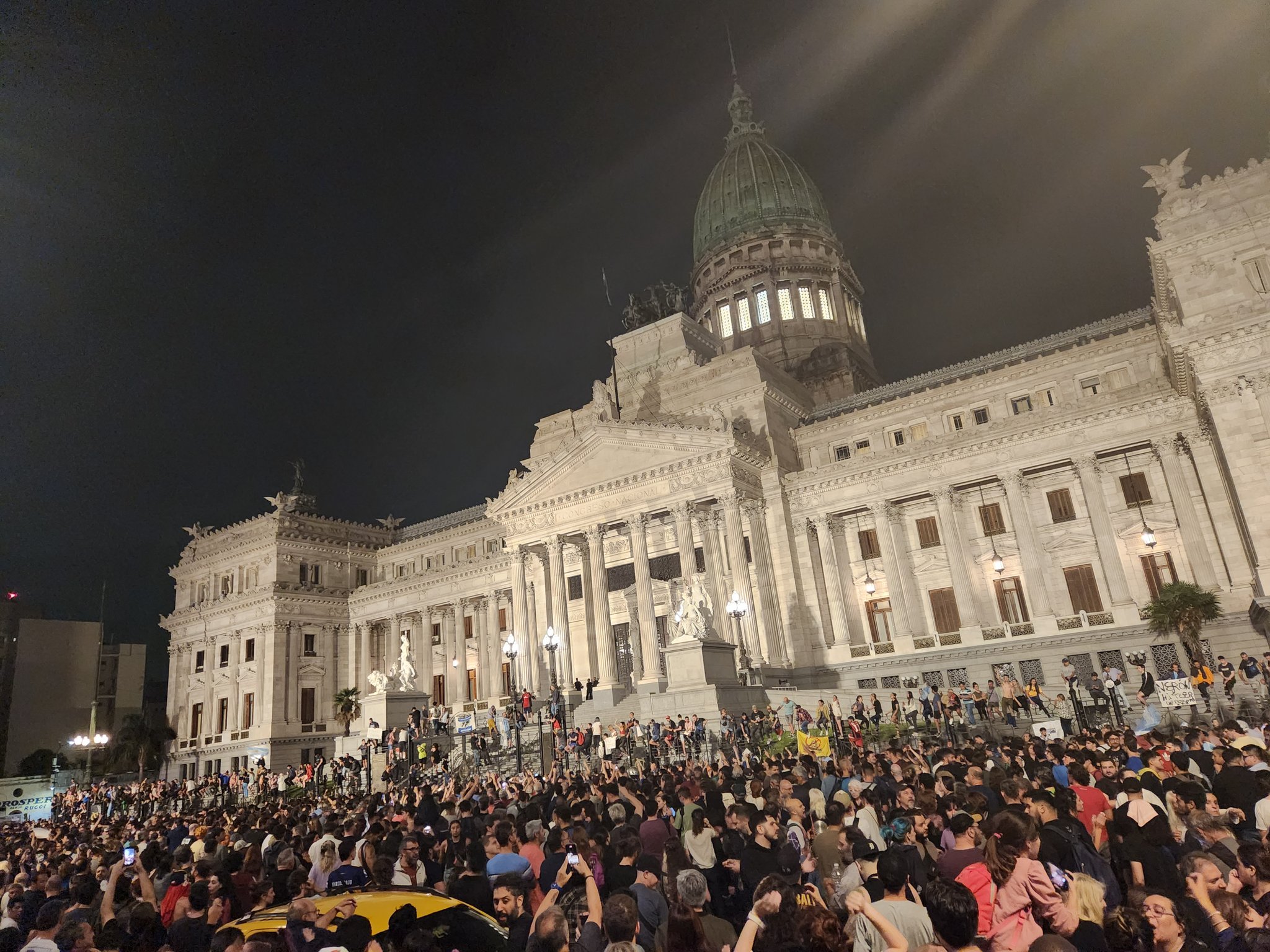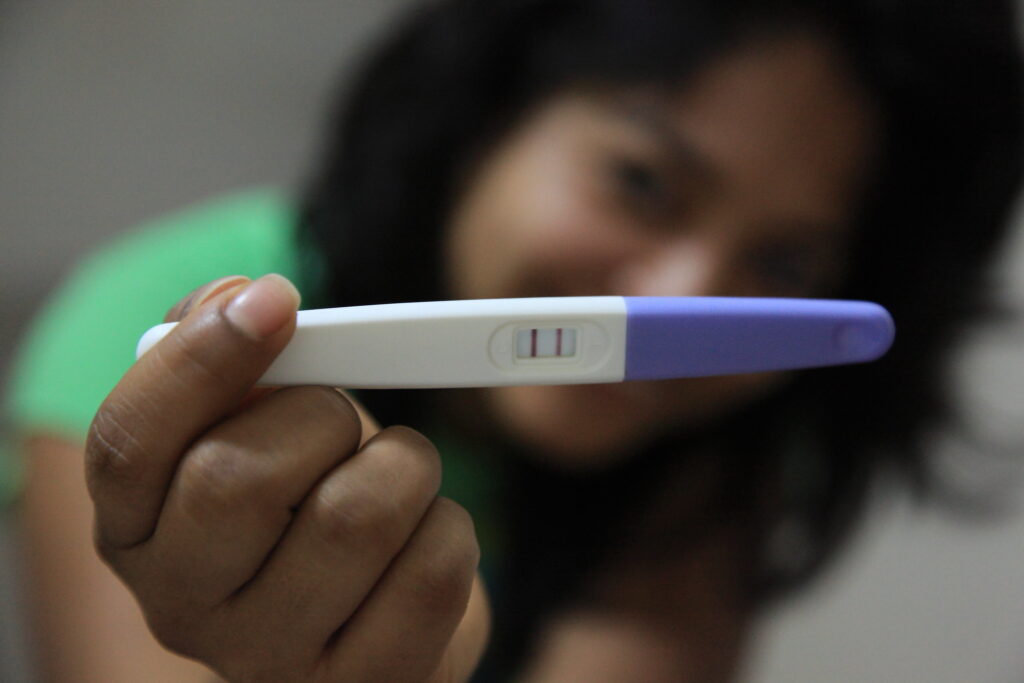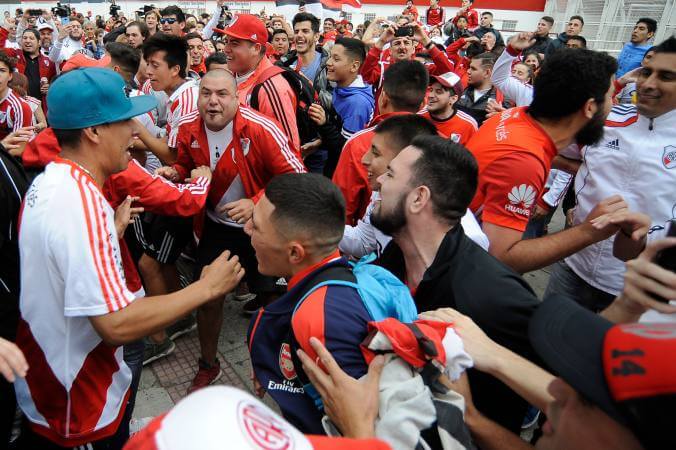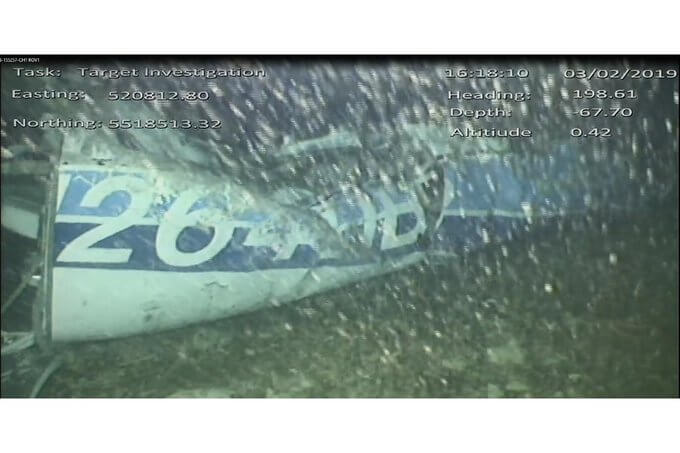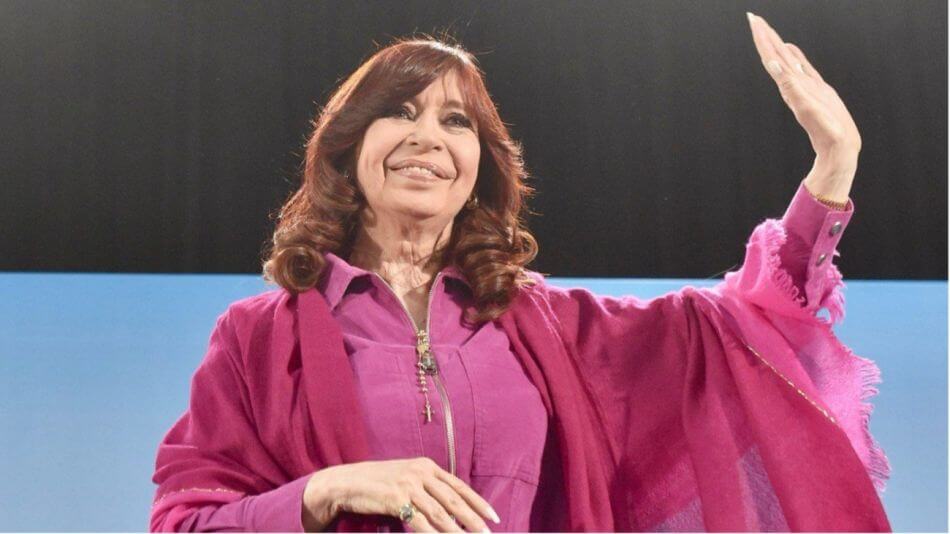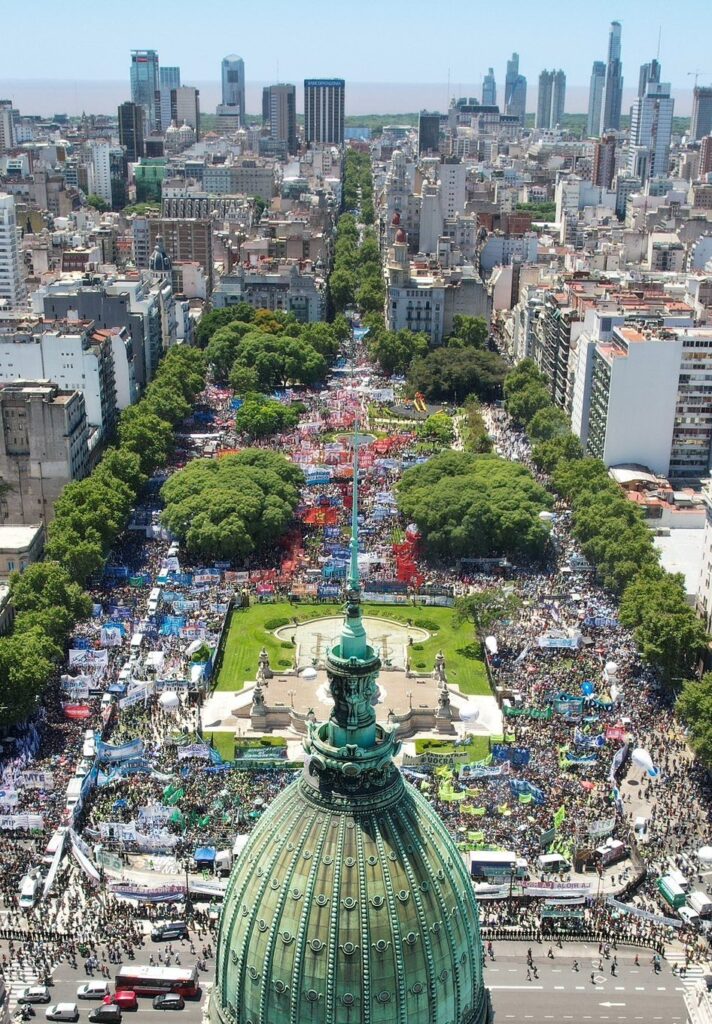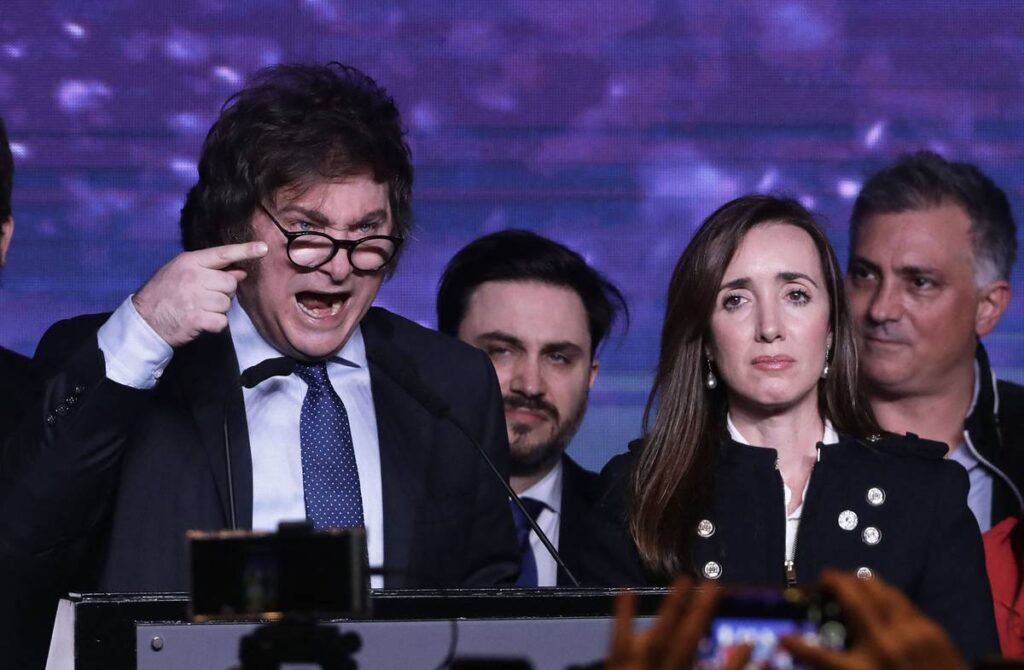Buenos Aires, Argentina — Thousands took to the streets of Argentina in the past few days to protest a series of economic decrees proposed by President Javier Milei.
On December 20, Milei announced sweeping deregulations to Argentina’s economy, sparking backlash from opposition members and groups representing unemployed people.
Riot police were dispatched at major protest sites in the capital, Buenos Aires, including outside of Congress and the Plaza de Mayo, the city’s main square.
“Milei scammer” and “Money for education, not for the IMF,” read banners of protesters in the capital, according to El Pais.
In all, Milei announced over 300 measures to deregulate much of Argentina’s economy, a move which has been called unconstitutional by some observers.
Milei — who has been described as an anarchocapitalist — set out to reduce the government’s involvement and oversight in many aspects of Argentina’s economy, including announcing that he would privatize many state-owned companies, would decrease labor protections and remove regulations that limit the amount of agricultural and productive land that can be owned by foreign companies.
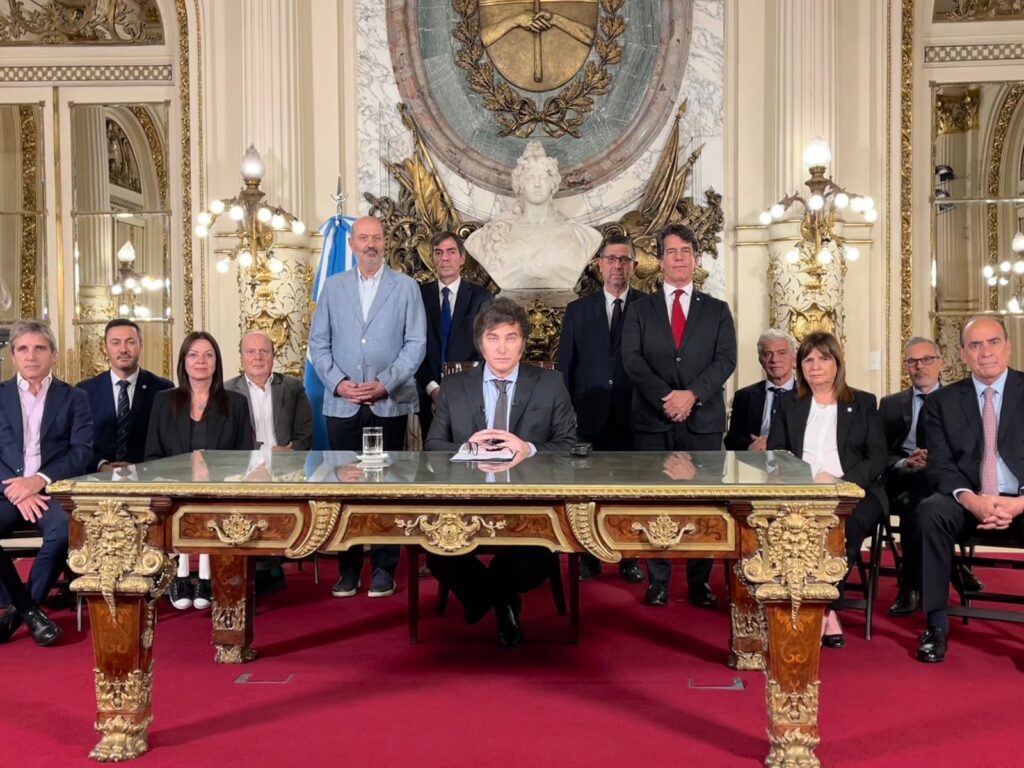
His so-called “Necessity and Urgency Decree” (DNU) included:
- Revoking the “Rent Bill,” allowing landlords to negotiate contracts with tenants without a set time limit or price control, as well as allowing them to negotiate in other currencies. (Argentina, especially Buenos Aires, has been experiencing a rent crisis for half a decade).
- Revoking the law that prohibits the privatization of State-owned companies.
- Reforming the “Labour Bill” to extend an employee’s trial period from three to eight months, and a reduction of the indemnization that companies must pay when they terminate employees.
- Revoking the “Land Bill,” which established that only 15% of the country’s productive land can be owned by foreigners, making way for international firms to buy up Argentina’s agricultural and resource-rich land.
- Modifying the “Societies Bill” to allow public, fan-owned soccer clubs to privatize.
- Opening up the country’s satellite internet services market to foreign competition. Argentina’s satellite internet is currently managed by State-owned telecom ARSAT.
“We are doing our utmost to try to reduce the crisis we inherited,” said Milei on a televised broadcast on December 20. “We designed a shock stabilization plan.”
The president also announced he would call for extraordinary sessions of Congress in order to present a package of bills to push forward his economic reforms.
“The DNU is going to have to go through Congress,” wrote journalist Matías Mowszet on X. “The only differences with a normal law are that: 1) It comes into force before passing through Congress and not after. 2) As long as only one of the two chambers approves it, it is firm. You don’t need both of you to approve it.”
Experts have begun questioning the legality of Miliei’s decree. According to constitutional lawyer Andrés Gil Domínguez, “This decree is an attempt to obtain the sum of public power and to supplant Congress, in its entirety, in the legislative function.”
Daniel Sabsay, president of the Argentine Association of Constitutional Law, also called the decree unconstitutional, and mad. “The exceptional circumstances required by the Constitution for the issuance of the DNU do not exist,” Sabsay told La Nación.
Former President Alberto Fernández — who was fiercely criticized by Milei in this year’s elections — also weighed in. “The Republic is at risk by the folly that the president exhibits when issuing measures contrary to the Constitution and the interests of our people,” he wrote on X.
A main architect of Milei’s controversial decree, Federico Sturzenegger, took to Radio Mitre to defend the measure. “The president didn’t send the measures through Congress because the idea is to show an image of regime change,” he said. Sturzenegger led Argentina’s Central Bank from 2015 to 2018.
Milei’s party, La Libertad Avanza, only holds 37 of 257 seats in the House and seven of 72 in the Senate. He will need to work closely with other coalitions to ensure his decree is passed in one of the two houses of Congress. Addressing the protests against his measures, on December 21 Milei told Radio Rivadavia, “There may be people suffering from Stockholm Syndrome. They are in love with the impoverishing model, and look at communism with nostalgia, love and affection.”


